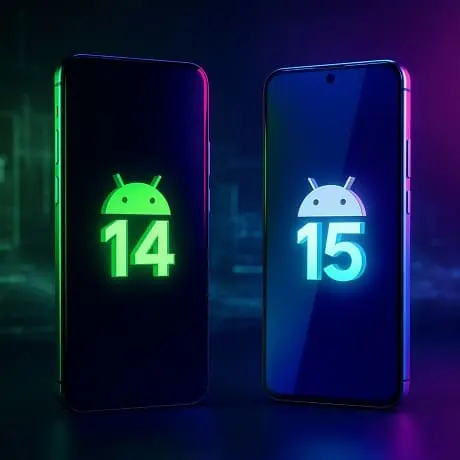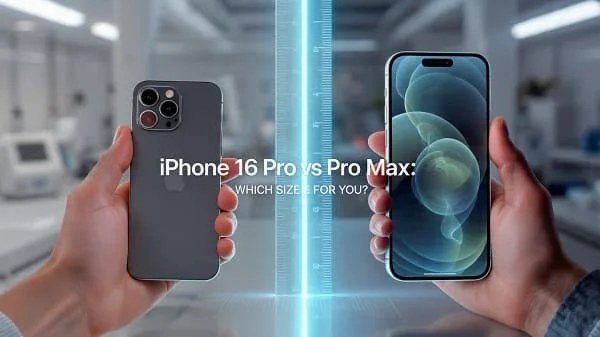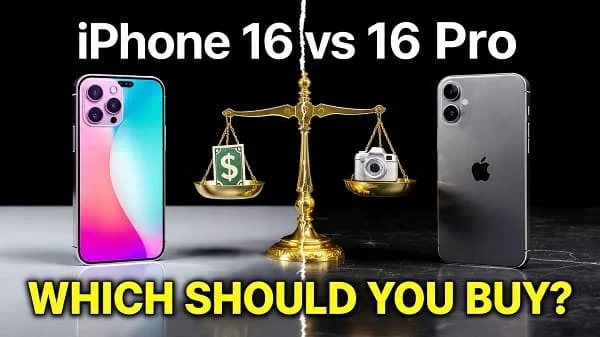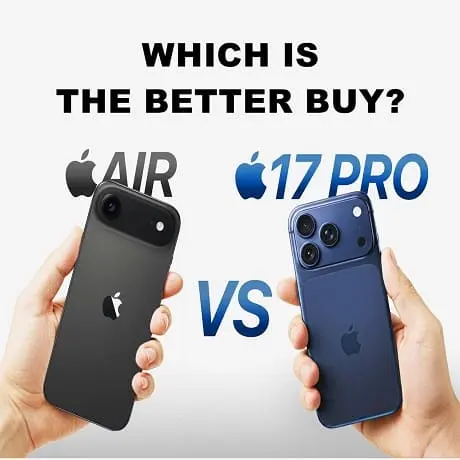Android 15 has finally arrived, and many users are asking: Android 15 vs Android 14 – which is better? Whether you’re weighing an upgrade or buying a new phone, this comparison will break down everything you need to know — from new features and performance gains to privacy improvements and everyday usability. By the end, you’ll have a clear answer tailored to your needs.
1. What’s New in Android 15
Here are the key new features and improvements introduced in Android 15:
- Private Space: A secure, separate section on your device to keep sensitive apps and data hidden. Requires extra authentication.
- Enhanced Privacy & Security Tools: Theft Detection Lock, Offline Device Lock, better MAC address protection in public networks; screen recording detection.
- Performance Upgrades: Faster Doze mode for standby battery life, improvements in Android Dynamic Performance Framework (ADPF), more efficient AV1 decoding, Vulkan/ANGLE support.
- New Connectivity Features: Satellite messaging (SMS/MMS/RCS over satellite), smoother NFC experiences.
- UI and Usability Enhancements: Redesigned volume control sliders, richer widget previews, partial screen sharing/recording, better multitasking especially on large screens.
2. Strengths of Android 14
While Android 15 adds many improvements, Android 14 still has its merits:
- Solid foundation in UI and customization features (lock screen custom clocks, updated Material You theming)
- Improved HDR image handling / Ultra HDR support for images, more vibrant photos and color rendering.
- Stability and maturity: bugs are more likely to have been caught, many OEM skins have optimized around Android 14.
- Some devices may have better battery behavior initially under Android 14 before updates catch up.
3. Direct Comparison: Key Factors
| Factor | Android 14 | Android 15 | Winner / Notes |
|---|---|---|---|
| Performance & Battery | Good baseline; stable power usage; familiar behavior. | Better standby battery via faster Doze; performance framework improvements reduce resource waste. | Android 15, especially for newer/higher-end devices. |
| Privacy & Security | Strong, but fewer built-in tools for hiding/safeguarding data. | More built-in security: Private Space, offline device lock, screen recording detection. | Android 15 by a comfortable margin. |
| New Features & Connectivity | Basic features mostly mature; less cutting-edge connectivity. | Satellite messaging, enhanced UI, more APIs for developers. | Android 15. |
| User Interface Experience | Clean, predictable, some customizations. | UI polish, new sliders, better widget previews, more modes for large screens. | Android 15 for fresh feel. |
| Compatibility & Stability | Very stable, wide OEM support, less unexpected behavior. | Early bugs possible, depending on device/OEM skin; some features need specific hardware. | Android 14 may be safer for now on older or mid-range devices. |
4. Should You Upgrade? Use-Case Recommendations
- If your device is fairly new (flagship or upper mid-range) and receives Android 15 official updates, you’ll benefit more in performance, security, and longevity.
- If battery stability and reliability are your top priorities, and you’re using an older device, you may want to wait for OEM specific updates (patches) before upgrading.
- For photographers, privacy-conscious users, or people who use their phone for multitasking (large screen or foldables), Android 15 offers noticeable improvements.
- If you prefer stability, less frequent changes, and your current Android 14 setup works well for your needs, no urgent rush—but upgrading when your device offers a clean Android 15 build is worth considering.
5. Possible Downsides / Considerations
- Some Android 15 features require hardware support, so older devices may not benefit fully.
- Early versions may have bugs, battery calibration issues — these often get fixed in subsequent patches.
- OEM skins (Samsung, Xiaomi, etc.) may delay or modify features; so experience may vary by brand.
- Users with resource-constrained phones (RAM, processor) may not notice dramatic improvements; some features might even strain resources.
If you’re also curious about the top Android phones of 2025, you can check our review: Top 10 Android Phones of 2025: Expert-Tested and Reviewed.
Frequently Asked Questions About Android 14 vs Android 15
Will Android 15 drain battery faster?
A: Early reports indicate better standby efficiency for many devices, though some users say initial versions had higher usage. Expect improvements via updates.
Does Android 15 work better on mid-range phones?
Yes in terms of privacy and some performance improvements, but hardware limitations may reduce visible benefits. If your phone has good specs, you’ll benefit more.
Can I skip Android 14 and go straight to 15?
Only if your device manufacturer provides the update. Also ensure you understand the risks (bugs, compatibility) and backups in case of issues.
Is Android 15 better than Android 14?
Yes, in most cases — Android 15 introduces meaningful improvements in privacy, battery standby, performance APIs, and interface features. However, the impact depends on your device model and whether it supports all new features.
Should I download Android 15 to my phone?
If your phone is officially supported and the build is stable, yes — you’ll benefit from enhanced security, new features, and better long-term support. But if your device is older or updates aren’t matured yet, wait for polished release from the manufacturer.
Which Android version is best?
There is no “one size fits all” — newer versions like Android 15 tend to be better overall (feature set, security), but depending on your device age, hardware compatibility, and need for stability, an older version might still serve you well.
Should I update my Android to 14?
Yes, if your device is still on a version older than Android 14 and your manufacturer supports it — Android 14 offers solid performance, security patches, and stability. But always check that updates are tested and stable before upgrading.
6. Conclusion: Which Is Better?
In summary:
- Android 15 is better in most categories: privacy, performance, new features, connectivity.
- For users who want the latest features, better protection, and have hardware that supports them, Android 15 is clearly the superior choice.
- But, Android 14 still holds value for those who prefer maximum stability, minimal bugs, or have devices with limited upgrade support.
If I had to give a simple verdict: Android 15 is the better OS overall—but the best choice depends on which device you have, how you use it, and how much importance you place on cutting-edge features vs absolute stability.

About the Author
Alex Carter — Founder & Editor‑in‑Chief, GicraMobile
Alex leads GicraMobile’s testing lab and reviews. His methodology focuses on day‑to‑day performance, battery health and thermals, camera consistency, and 5G/LTE reliability—so you can pick the right phone without hype.
Real‑world testing: 90–120 Hz smoothness, idle drain, thermals
Camera checks: HDR, skin tones, low‑light stabilization
Connectivity: band fit, eSIM, VoLTE/VoWiFi, Wi‑Fi performance




